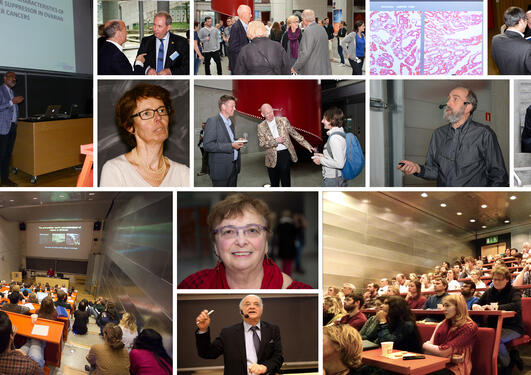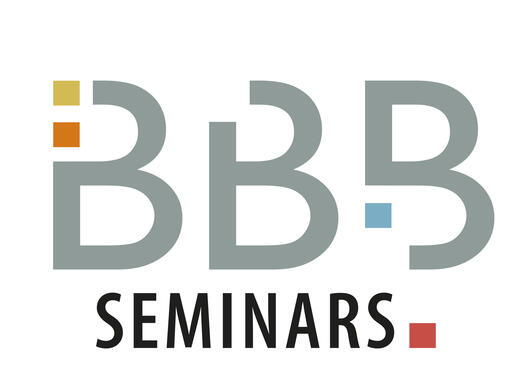CCBIO webinar: Ian Mills
Non-oncogene addiction and the stress phenotype of prostate cancer cells
Main content
Ian Mills
Centre for Cancer Research and Cell Biology, Queen's University Belfast, Northern Ireland, and Nuffield Department of Surgical Sciences, University of Oxford, UK
Prostate cancer is a high incidence male cancer and a significant cause of cancer-specific mortality. In the course of the last two decades genomics has identified a complex landscape of mutational changes associated with prostate cancers within individual patients and across patient cohorts. This multi-focal heterogeneity has made it difficult to identify oncogenic driver mutations in early-stage disease, although there is evidence for clonal selection as prostate cancer progresses to metastasis. By contrast there is significant evidence of high-incidence transcriptional, epigenetic and metabolic changes in early-stage prostate cancer. The phrase ‘non-oncogene addiction’ refers to a dependency on biological processes supported by genes and proteins that are not individually able to fully transform cells but are able to create a cancer permissive state. Given that mutational selection occurs in the progression to advanced/metastatic prostate cancer, we hypothesize that non-oncogene addiction may be particularly significant in the earlier stages of prostate cancer development and in localized disease. In this seminar I will provide some examples of these processes and refer in particular to transcriptional processivity, the unfolded protein response and nucleolar function. I will discuss the challenges and opportunities in assessing their activity and in perturbing them to impact on prostate cancer progression.
Chairperson: Karl-Henning Kalland, CCBIO


